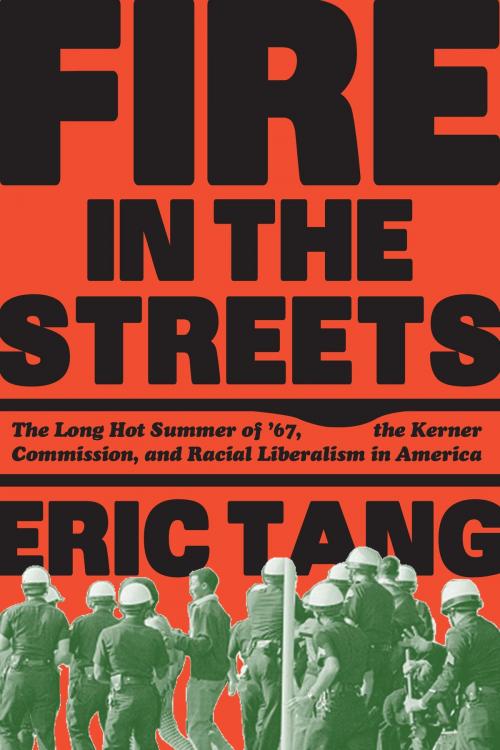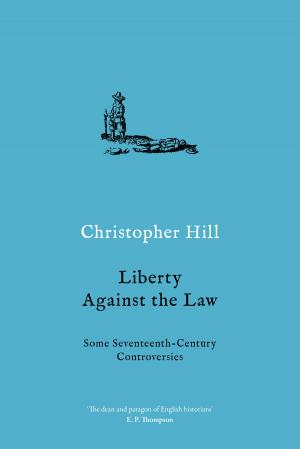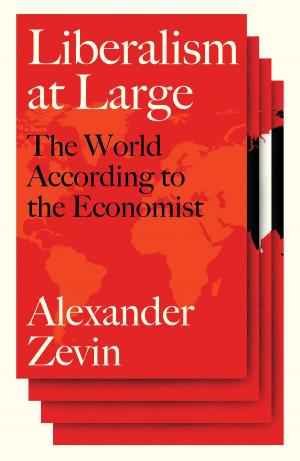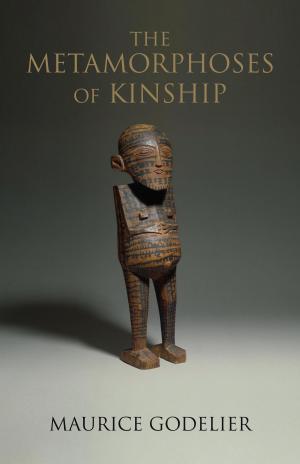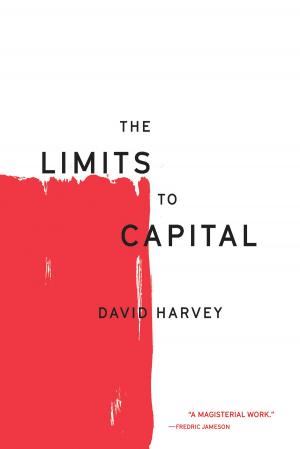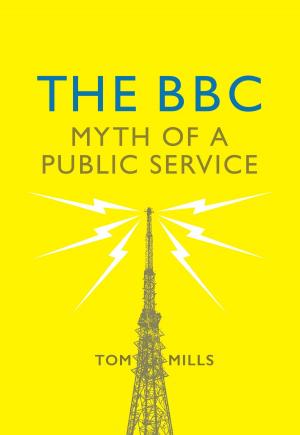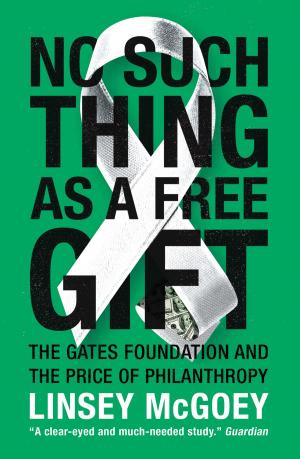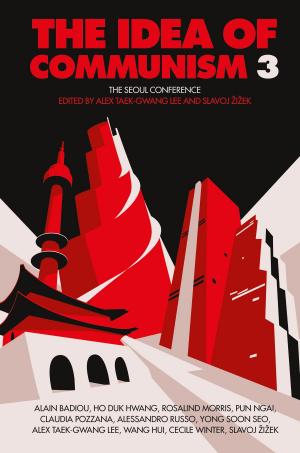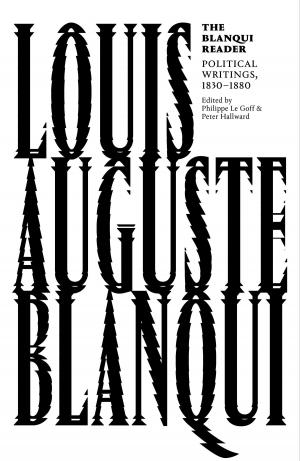Fire in the Streets
The Long Hot Summer of '67, the Kerner Commission, and Racial Liberalism in America
Nonfiction, Social & Cultural Studies, Political Science, Politics, Civil Rights, Social Science, Discrimination & Race Relations, History, Americas, United States, 20th Century| Author: | Eric Tang | ISBN: | 9781786635297 |
| Publisher: | Verso Books | Publication: | May 4, 2021 |
| Imprint: | Verso | Language: | English |
| Author: | Eric Tang |
| ISBN: | 9781786635297 |
| Publisher: | Verso Books |
| Publication: | May 4, 2021 |
| Imprint: | Verso |
| Language: | English |
A revisionist history of the urban rebellions of the late 1960s
Between April and September of 1967, Black-led rebellions shook 164 U.S. cities large and small. The Long Hot Summer of '67, preceded by the Watts riots of 1965 and followed by more than 100 insurrections in '68, sparked the administration of Lyndon Johnson to convene a commission involving 200 scholars and some of the leading political figures of the era. The Kerner Commission's report concluded that the U.S. was moving toward two societies, "separate and unequal." The report, which sold more than 2 million copies, is often seen as a high-water mark for American liberalism in race matters.
But in this groundbreaking history, Eric Tang argues that the Kerner Commission was ultimately unable to explain the causes of the urban rebellions, because it fundamentally misunderstood them, just as American liberalism was and remains too rooted in shibboleths about Black propensity for disorder. By focusing closely-for the first time-on half a dozen riots in medium-sized cities, Tang shows that the rebellions were far from irrational spasms led by the desperate and poor. Instead, they were political insurrections led by well-educated activists with an anti-imperialist program, directed at inequities made apparent by the closeness of white society.
A revisionist history of the urban rebellions of the late 1960s
Between April and September of 1967, Black-led rebellions shook 164 U.S. cities large and small. The Long Hot Summer of '67, preceded by the Watts riots of 1965 and followed by more than 100 insurrections in '68, sparked the administration of Lyndon Johnson to convene a commission involving 200 scholars and some of the leading political figures of the era. The Kerner Commission's report concluded that the U.S. was moving toward two societies, "separate and unequal." The report, which sold more than 2 million copies, is often seen as a high-water mark for American liberalism in race matters.
But in this groundbreaking history, Eric Tang argues that the Kerner Commission was ultimately unable to explain the causes of the urban rebellions, because it fundamentally misunderstood them, just as American liberalism was and remains too rooted in shibboleths about Black propensity for disorder. By focusing closely-for the first time-on half a dozen riots in medium-sized cities, Tang shows that the rebellions were far from irrational spasms led by the desperate and poor. Instead, they were political insurrections led by well-educated activists with an anti-imperialist program, directed at inequities made apparent by the closeness of white society.
